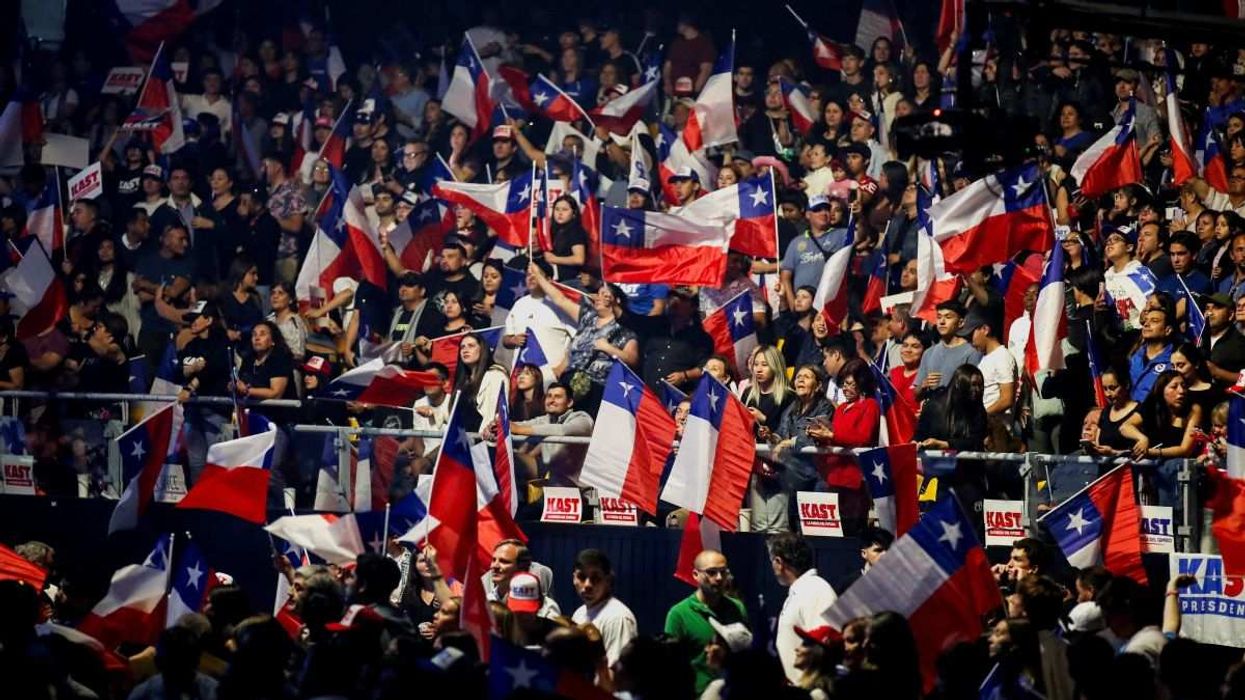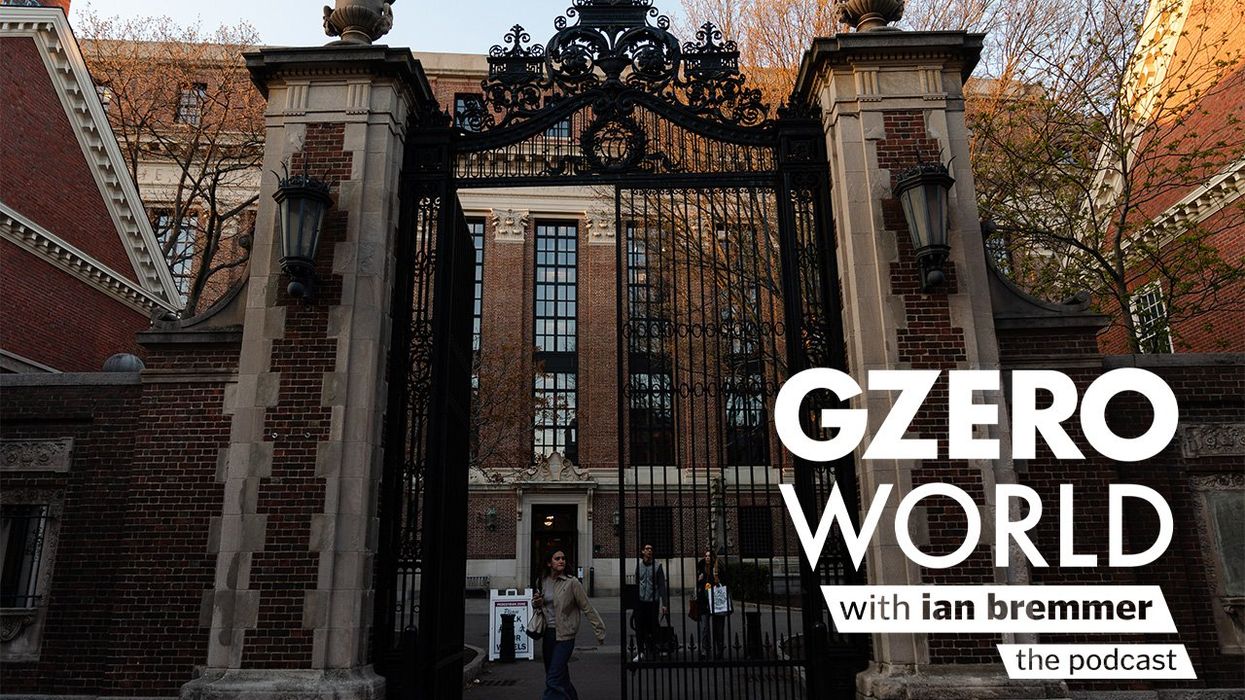Analysis
What does Trump want from a faltering Cuba?
Soon after capturing Venezuelan strongman Nicolás Maduro, the US president called on Cuba to “make a deal, BEFORE IT IS TOO LATE.” But Cuba is not Venezuela, and it’s unclear what Trump is looking to get from the Communist-run island.
Jan 22, 2026










